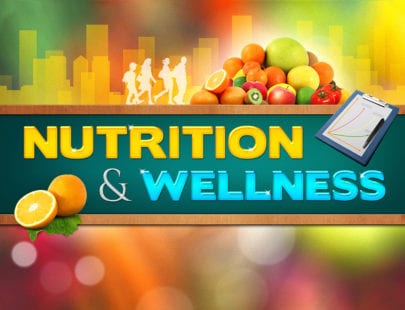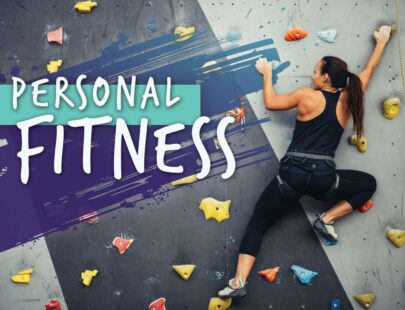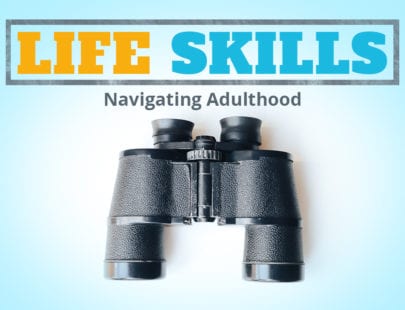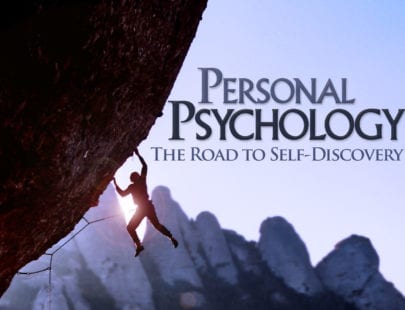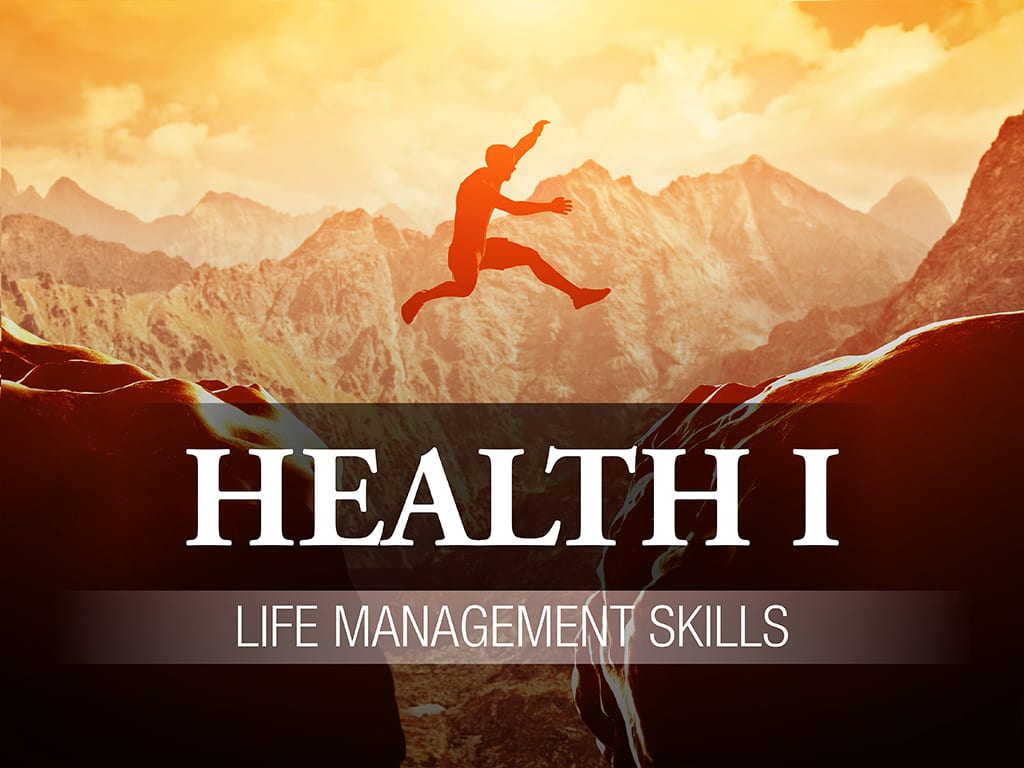
Health 1: Life Management Skills
What does it mean to be healthy? In the simplest terms, it means taking care of our body and mind. Explore the connections between your physical, mental, and social health. Learn how to promote better health by decreasing stress and finding a fuller vision for your life through lifestyle choices, interactions with others, healthcare, and making sensible dietary choices. Build your plan to ensure your overall health, happiness, and well-being!
Units at a Glance
Unit 1: What Does it Mean to Be Healthy?
What do you think it means to be healthy? Exercising? Eating salads? While good health does include physical activity and eating nutritious foods, it’s much more than that. In the simplest terms, being healthy means taking care of the body and the mind. But our emotions and our relationships also play roles in our sense of well-being. And just as importantly, what does it take to remain healthy? Access to professional health care is important, though assessing and caring for our mental, emotional, and social health are just as important. As you will discover, good health is holistic and includes multiple interconnected domains.
What will you learn in this unit?
- Analyze various definitions of health
- Evaluate the relationship between access to health care and health status
- Consider the factors that contribute to mental health
- Investigate the relationship between our thoughts, emotions, and behavior
- Determine the importance of our social relationships to our overall health and wellness
Unit 2: Factors That Determine Health
Health is determined by multiple factors. Sometimes heredity plays a part, and of course, our health is also influenced by the decisions we make—both what we do and what we don’t do. Even high school students make choices every day that affect their health now and for the rest of their lives. For example, our diet and physical activity are two factors that are within our control and can have lasting positive impacts on our health. Alternatively, risky behaviors like smoking, drinking alcohol in excess, and misusing drugs can have a detrimental effect on our health. Finally, our unique personality and values, as well as our peers, have an influence on health. So, get ready! Together, we’ll learn how reflect on our own overall health so you can make the best decisions for a happy and healthy future.
What will you learn in this unit?
- Predict how healthy behaviors can affect health status
- Determine how heredity and family history can impact personal health
- Identify and evaluate health risks
- Analyze how peers influence healthy and unhealthy behaviors
- Examine the role that personal character and values play in making decisions regarding our health
Unit 3: The Wider Lens: How Government and Culture Influence Our Health
Although there are some elements of health that are primarily controlled by individuals, other aspects of health are addressed by society as a whole. Health is regulated by the government, with the FDA and other departments devoted to ensuring that healthy and honest products are on the shelves and that regulations are put into place to protect us from health dangers. Media, as well as companies with their own agendas, also have a large influence on what a community perceives as healthy and not healthy. And finally, a person’s environment and the culture they live within largely determines health risks and advantages. Get ready to dive in and discover all of the factors that influence our health decisions and patterns.
What will you learn in this unit?
- Evaluate how public health policies and government regulations can influence health promotion and disease prevention
- Assess how the school and community can affect personal health practices and behaviors
- Examine the influence the environment has on individual and community health
- Investigate the impact of technology and media on health
- Analyze how culture and the perceptions of norms supports and challenge health practices and behaviors
Unit 4: Relationships 101
What makes the difference between a healthy relationship and an unhealthy one? Relational health, just like other domains of our health, deserves close study. What can we do to become a better friend, partner, family member and coworker? There are several skills that can set us up for good relational health: empathy, perspective-taking and respect for diversity are a few. In order to relate well with others, what’s needed? Good communication skills top the list. The good news is that social skills can be learned and improved upon as they are practiced. But, how do we know when a relationship is detrimental to our health, and what do we do then? Pressures and abuse pose relational threats, but knowing how to set boundaries and how to get help when it’s needed can protect us from dangerous relationships.
What will you learn in this unit?
- Evaluate the relationship between social health and the other domains of health
- Explain skills needed to communicate effectively with family, peers, and others to enhance health
- Determine which factors build and disrupt relational wellness
- Assess refusal, negotiation, and collaboration skills to enhance health and avoid or reduce health risks
- Detect signs of abuse and other dangers to health within relationships
Unit 5: Being Our Best
Self-managing our health on a day-to-day basis will alert us to concerns. But what happens when we become aware of an issue? That’s when it’s time to turn to doctors. Professionals aren’t just there to help with our physical health, some treat our mental health concerns specifically. We’ll discuss the different types of doctors and determine who is needed for which issues. Knowing what kind of help you need and where to get it is an important part of managing your health. Besides doctors, what other resources can we access to improve our health? Many exist, but not all are reputable- stay tuned as you will learn how to tell the difference. Lastly, we’ll take a look at some of the many ways technology has impacted health, allowing doctors to better diagnose and treat medical conditions to help us be at our best.
What will you learn in this unit?
- Determine the role of the self in maintaining good health
- Justify when professional health services or providers are required
- Explain the options available to assist with mental health problems
- Analyze health resources in terms of their reputability
- Identify how technological advancements have improved health
Unit 6: Healthy Decisions
We will be making decisions for the rest of our lives. Before examining strategies and skills to aid in responsible decision making, it’s wise to unpack what lies underneath our decisions. What role do our personal beliefs, values, and ethics play in the decisions we make? Though our decisions vary in significance, we make thousands of them daily. The important ones, like decisions that affect our mental, emotional, social and physical health, are worth every bit of time and effort we give them, as our investment results in informed, confident and creative solutions. What about decisions that involve others? For these, we can look to several strategies to aid us in resolving conflicts or having hard conversations. Decisions are the crossroads of our health and making wise and responsible ones can dictate our future.
What will you learn in this unit?
- Evaluate the influence of personal values, beliefs and ethics on decisions regarding health
- Examine barriers that can hinder healthy decision making
- Determine the value of applying a healthy decision-making process to various health situations
- Explain how conflict can be resolved in a healthy way
Unit 7: Healthy Goals
The journey to good health is a lot like going on a trip. Figuring out where you are starting from and where you would like to end up is the first step. Planning your route is the next. In many ways, the better you plan and prepare, the more likely the trip is to be a success. Similarly, planning for good health will increase the chances you will get there. Setting goals are the best way that you can plan ahead for your health. Considering the habits that impact your physical, mental, emotional and social can help you determine where you begin your journey. It might be that you are in pretty good shape in all categories. In that case, your goals might include maintaining this positive status. But, most people have an area or two that needs more attention. Wherever you are in your health journey, setting goals and engaging in healthy habits will be the key to success.
What will you learn in this unit?
- Evaluate personal health practices and overall health status to include all dimensions of health
- Formulate a plan to attain a personal health goal that addresses strengths, needs, and risks
- Implement strategies and monitor progress in achieving a personal health goal
- Formulate an effective long-term personal health plan
- Analyze the role of individual responsibility in enhancing health
Unit 8: Creating Healthier Communities
Have you ever heard the saying, “It takes a village to raise a child”? That saying is not just about rearing youth; it’s about the importance of community. Communities can do a lot to promote the health of their members. Just being part of a larger community brings health advantages, and when a community makes health a priority, everybody benefits. As daunting as campaigns for global health concerns are, there are simple things everyone can do to move themselves and their communities in the right direction. Taking care of yourself is always the first step; the next is thinking about what you can do for others. Often big efforts start as small gestures that take on a life of their own and individuals with ethics, determination, passion, and support can spark change toward building a healthier world for us all.
What will you learn in this unit?
- Demonstrate how to influence and support others in making positive health choices
- Utilize current, accurate data/information to formulate a health-enhancing message
- Work cooperatively as an advocate for improving personal, family, and community health
- Adapt health messages and communication techniques to a specific target audience
- Analyze decisions and strategies using probability concepts
Required Materials
Physical
- Video recording device (smartphone, computer with camera)
- Paper and drawing materials (Not required if student has digital poster software)
- Camera
Software
- Design program such as canva.com (Not required if student has paper and drawing material)
- Slide presentation software
- Word processing software
Other
- Recipe
- All ingredients for recipe
